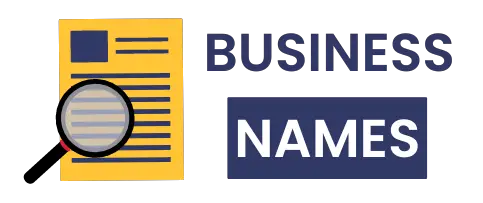Lucas was working hard; he wanted to be rich, but every finance book sounded the same.
He spent years reading everything he could find, realizing most books wasted his time by repeating the same tired advice or using words that sounded smart but meant nothing.
Here’s what actually worked: these 10 books changed how he thought about money, and more importantly, they made him money.
1. The Psychology of Money — Fix Your Broken Money Beliefs
Your problem: You feel guilty when you make money. Or you spend it the second it hits your account.
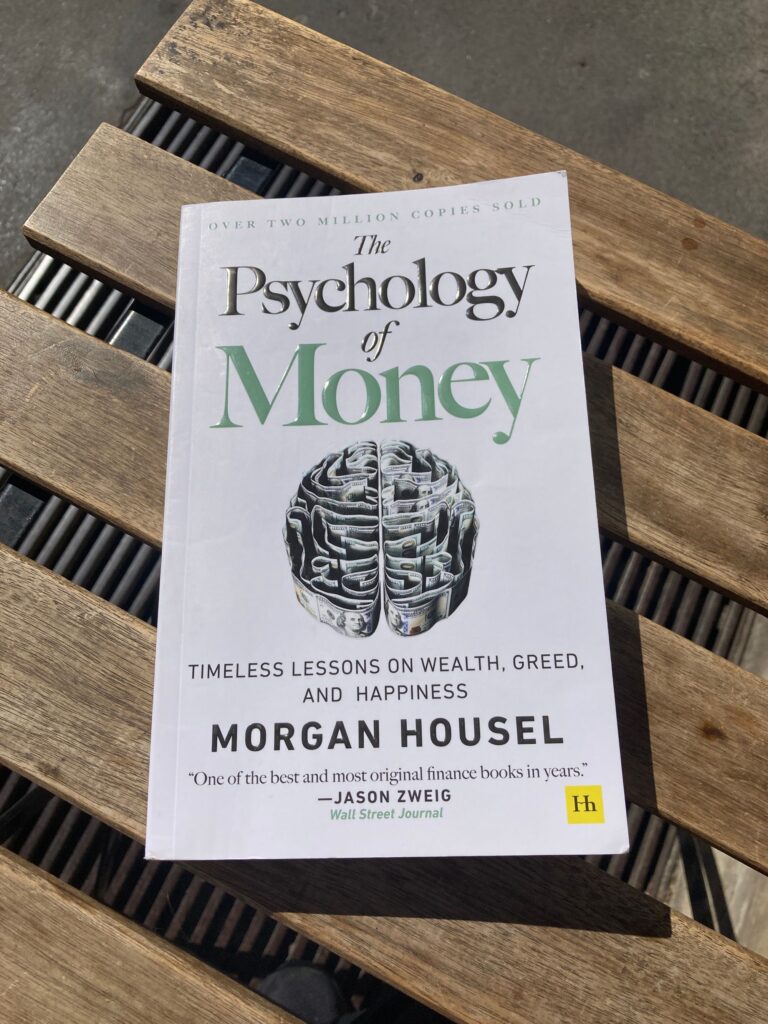
What you’ll learn: Money isn’t about being rich. It’s about control. When you have money, you can do what you want, when you want.
The book explains something powerful. Wealth is invisible. It’s the car you didn’t buy. The watch you skipped. The vacation you postponed.
Rich people show off. Wealthy people stay quiet.
What to do right now: Write down how you really feel about money. Do you think rich people are greedy? Do you feel bad when you save instead of spend? You can’t build wealth until you fix these thoughts.
2. Atomic Habits — Stop Waiting and Start Winning
Your problem: You have big goals but you never follow through. You keep putting things off.
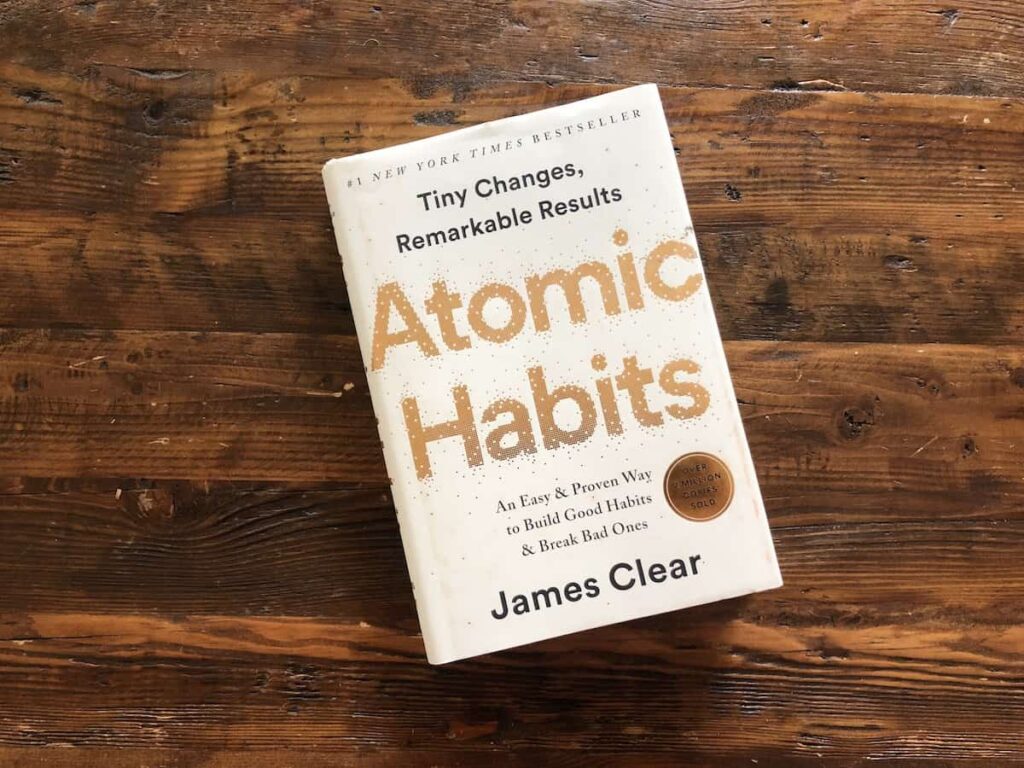
What you’ll learn: Stop focusing on the goal. You can’t control if you become a millionaire. But you can control what you do today.
Here’s a trick that works. Habit stacking. Pair a new habit with something you already do. Want to save money? Every time you buy coffee, transfer $5 to savings. Want to learn about investing? Read for 10 minutes while you eat breakfast.
What to do right now: Pick one small money habit. Make it so easy you can’t fail. Automate it if possible. Save $1 a day. Read one page about investing. Small wins build your brain’s winning pattern.
3. Rich Dad Poor Dad — The Simple Truth About Money
Your problem: You work hard but stay broke. You don’t understand why some people get rich while you struggle.
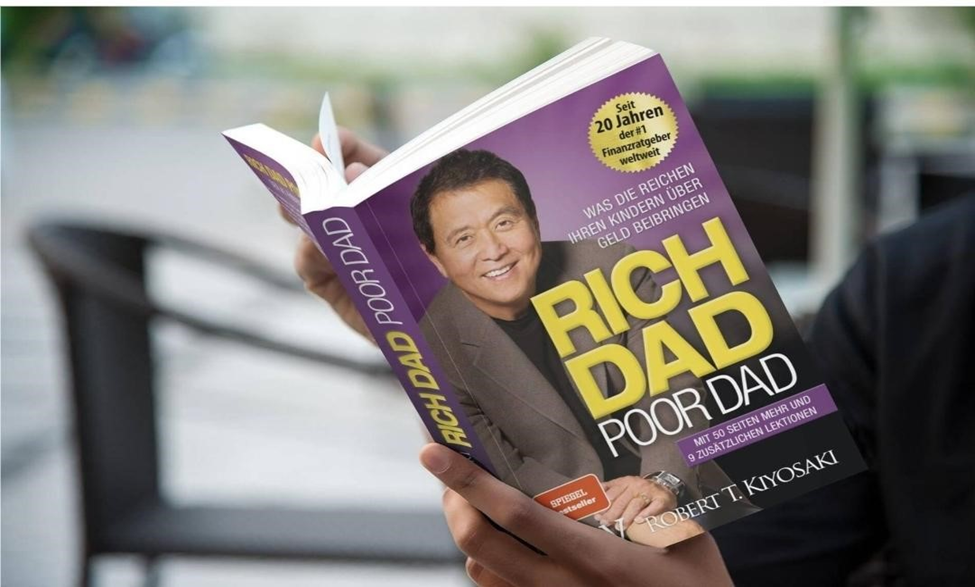
What you’ll learn: Everything you buy is either an asset or a liability. An asset puts money in your pocket. A liability takes money out.
Your car? Liability. Your house you live in? Liability. Stocks that pay dividends? Asset. A business that runs without you? Asset.
Poor people buy liabilities and think they’re assets. Rich people stack assets until the assets pay for everything.
What to do right now: Look at your last 10 purchases. Ask yourself: did this put money in my pocket or take it away? Start buying assets, even tiny ones. Even $50 in an index fund is an asset.
4. The Compound Effect — Why Pennies Beat Millions
Your problem: You want results now. Investing seems too slow.
What you’ll learn: Would you rather have $3 million today or a penny that doubles every day for 31 days? Most people pick the $3 million. Wrong answer. The penny becomes $10.7 million.
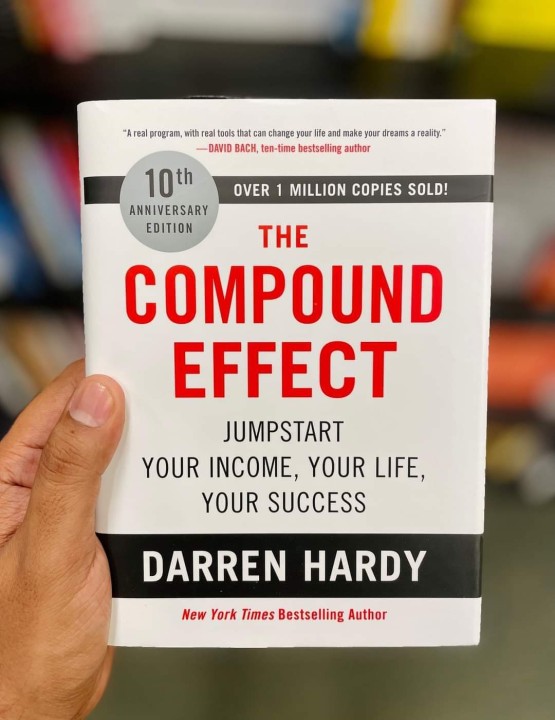
That’s compound interest. Your money makes money. Then that money makes money. Then that money makes money.
Time is your secret weapon. A 25-year-old who invests $200 a month will have more at 65 than a 35-year-old who invests $400 a month. Ten years makes that big of a difference.
What to do right now: Open an investment account today. Not tomorrow. Today. Put in whatever you can. $10, $50, $100. The amount doesn’t matter as much as starting now. Set it to automatic so you never skip a month.
5. The 4-Hour Work Week — You’re Measuring Rich Wrong
Your problem: You think the person making $500,000 a year is rich. But they work 80 hours a week and hate their life.
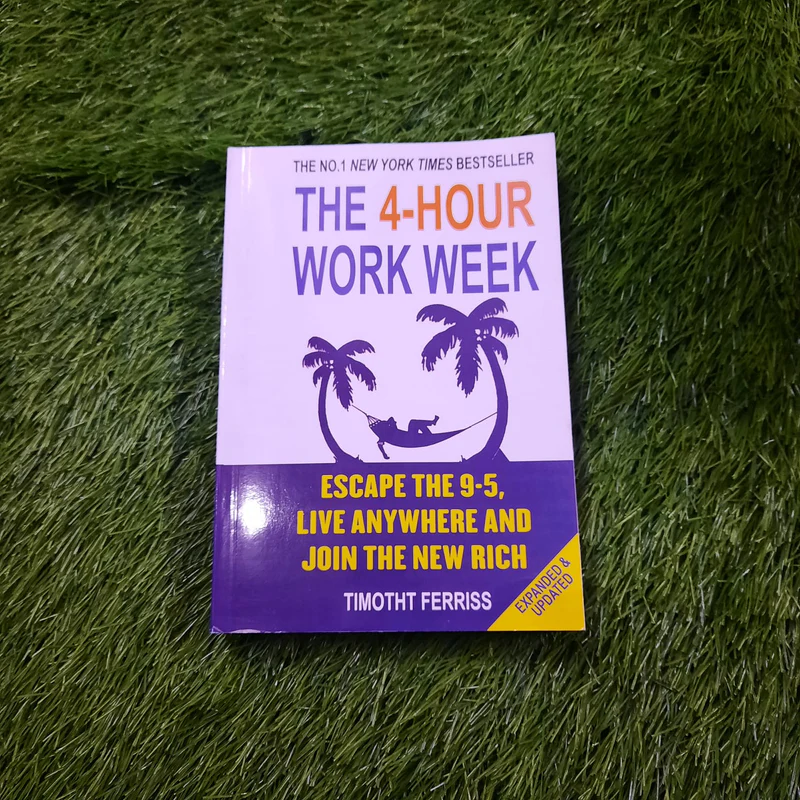
What you’ll learn: An investment banker makes $500,000 working 80 hours a week. An online business owner makes $40,000 working 4 hours a week. Who’s actually rich?
The banker makes $120 per hour. The business owner makes $200 per hour. Plus the business owner can work from anywhere. From a beach. From home. From another country.
This is called relative income. It beats absolute income every time.
What to do right now: Calculate your real hourly rate. Take your income and divide by hours worked. Include commute time, time thinking about work, everything. Now you see the truth. Find ways to earn more per hour, not just more total dollars.
6. Zero To One — The Only Way to Start a Winning Business
Your problem: Every business idea seems taken. You don’t know what to start.
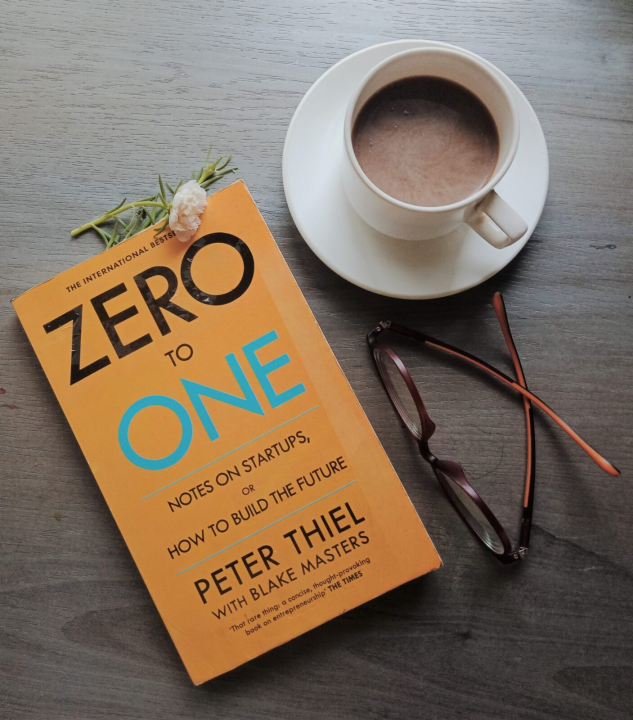
What you’ll learn: Every successful business bets on a truth that most people disagree with. Netflix bet people wanted to binge TV at home. Everyone thought that was crazy. Airbnb bet people would sleep in a stranger’s house. Everyone thought that was insane.
You need a contrarian truth. Something you believe that others don’t.
What to do right now: Write down three things that annoy you every day. Small things. Long lines. Slow apps. Confusing instructions. Think about how they could be better. Do this for a month. You’ll have 90 business ideas. Most will be bad. But one might be gold.
7. The Lean Startup — Ideas Are Worthless, Execution Is Everything
Your problem: You’re sitting on your business idea, afraid someone will steal it.
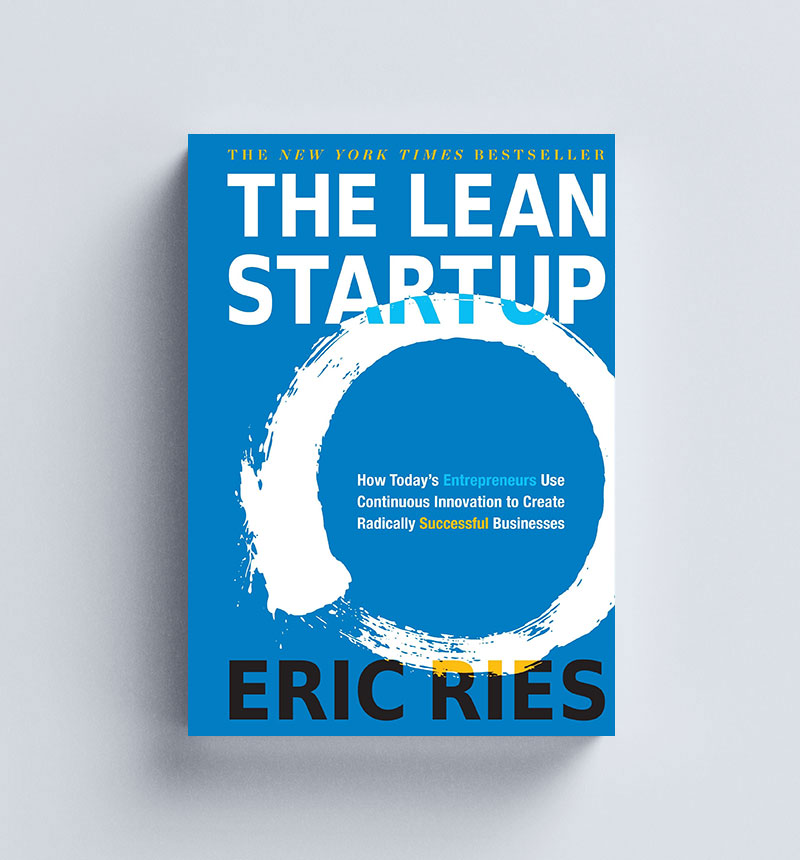
What you’ll learn: Your idea isn’t special. Everyone has ideas. What matters is execution. Build something small. Show it to people. See if they’ll pay for it. Learn what works. Change what doesn’t. Repeat.
This is called the build-measure-learn loop. It stops you from wasting years building something nobody wants.
What to do right now: Stop protecting your idea. Tell 10 people about it. Ask if they’d pay for it. If they all say yes but won’t give you money now, they’re lying. If even one person pulls out their wallet, you might have something real.
8. Influence: The Psychology of Persuasion — How to Make People Say Yes
Your problem: You can’t sell. You can’t get people to listen. You feel pushy.
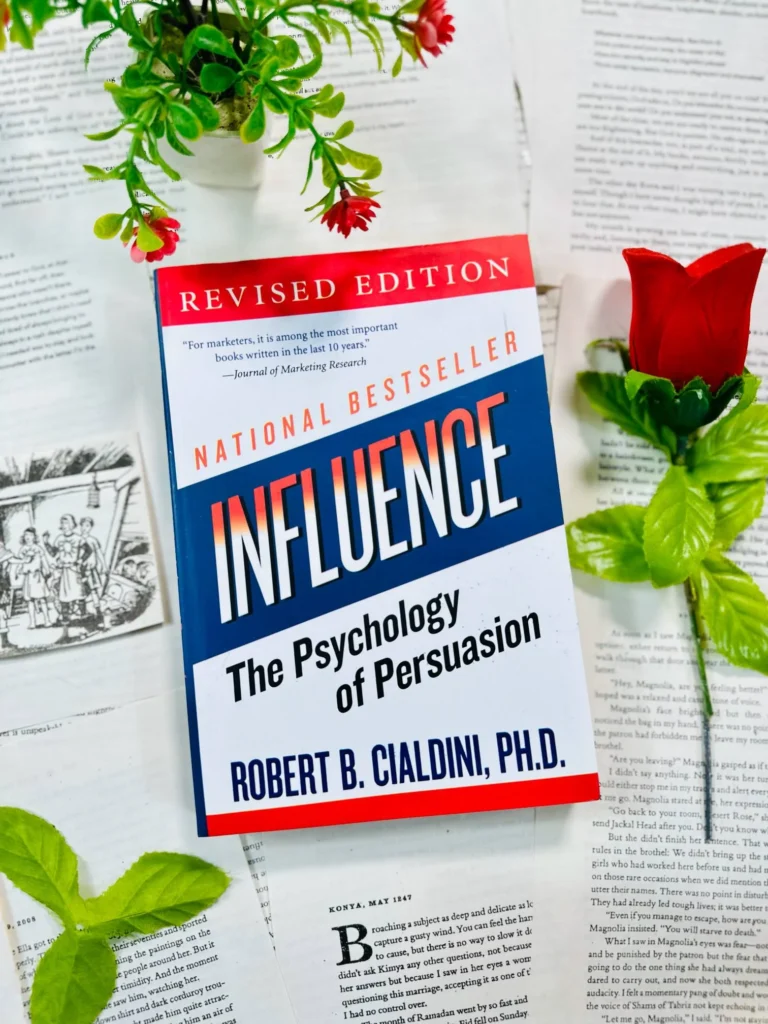
What you’ll learn: Give first. People feel obligated to return favors. That’s just how humans work. Help someone with a small free repair. They’ll come back and spend big money later.
This works everywhere. Give free value on social media. People will buy your product. Help a colleague. They’ll help you back. It’s not manipulation. It’s basic human psychology.
What to do right now: Find one way to give value for free this week. Fix someone’s problem. Share useful information. Make an introduction. Don’t ask for anything back. Just give. Track what happens over the next month. You’ll be surprised.
9. Start With Why — The Difference Between Leaders and Managers
Your problem: People don’t get excited about your ideas. You can’t inspire action.
What you’ll learn: Bad leaders tell you what to do. Good leaders tell you why it matters.
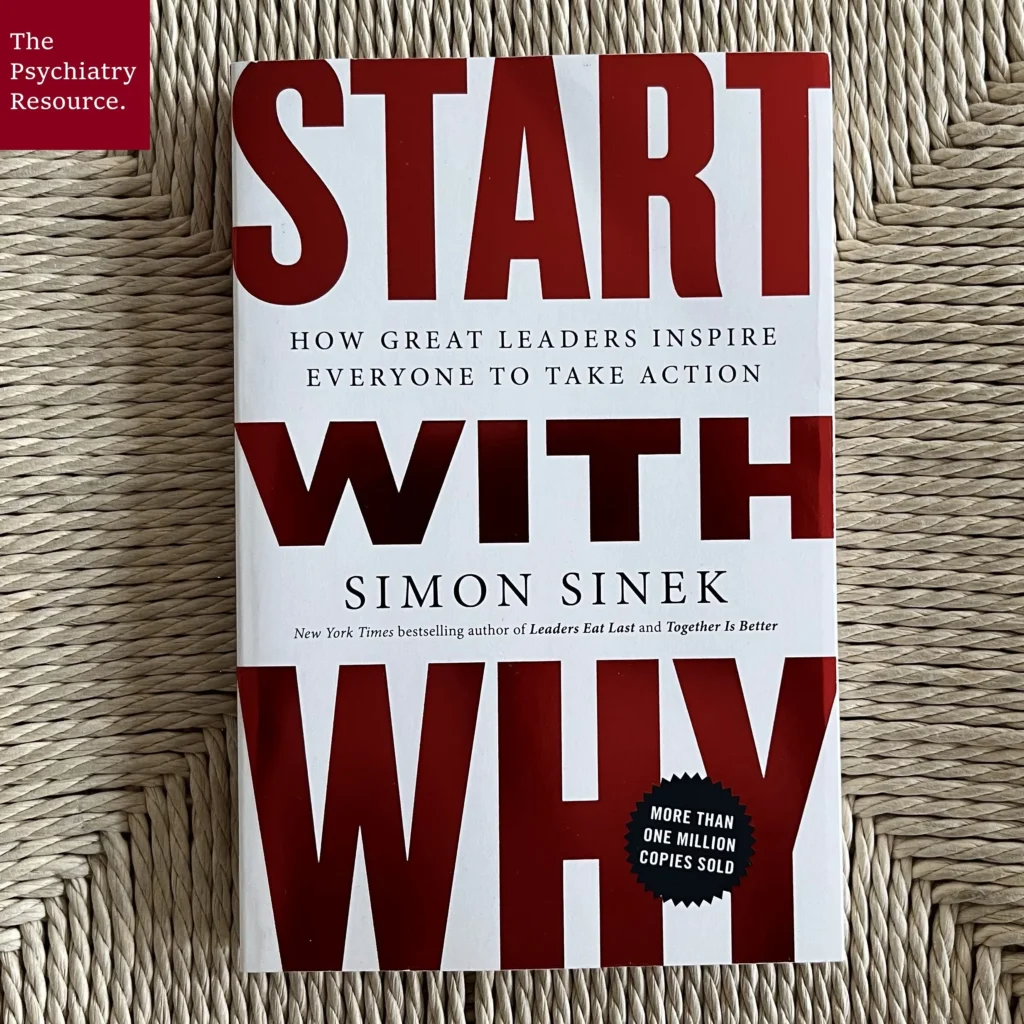
Your teacher said “read this book.” You didn’t care. Your mentor said “if you want freedom and wealth, read these specific books.” You read them all.
See the difference? Start with why. Then explain how. Then explain what.
What to do right now: Before you ask someone to do something, explain why it matters to them. Not to you. To them. “This will save you three hours a week” works better than “I need this done by Friday.”
10. Profit First — The One Formula That Keeps You From Going Broke
Your problem: Your business makes money but you’re always broke. Expenses eat everything.
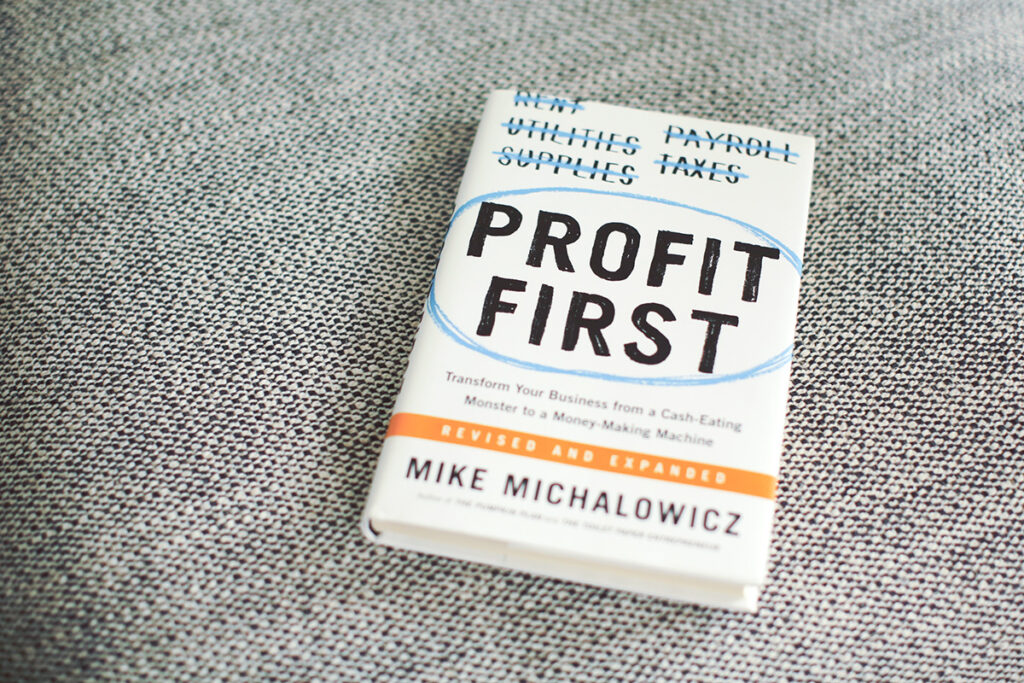
What you’ll learn: Most people use this formula: Sales – Expenses = Profit. That’s why they fail. Use this instead: Sales – Profit = Expenses.
Pay yourself first. Take your profit off the top. Then figure out how to run your business on what’s left. This forces you to stay profitable. It stops you from spending every dollar that comes in.
What to do right now: Open a separate bank account called “Profit.” Every time money comes in, move 5% to that account. Don’t touch it. If you can’t run your business on the remaining 95%, your business model is broken. Fix it or quit.
The Bottom Line
These 10 books work because they’re simple. They don’t use fancy words. They give you actions, not theory.
You don’t need to read 37 books. You need to read these 10 and actually do what they say. One action beats 100 pages of notes.
Start with one book. Apply one idea. See what happens. Then move to the next.
That’s how you actually get rich.
